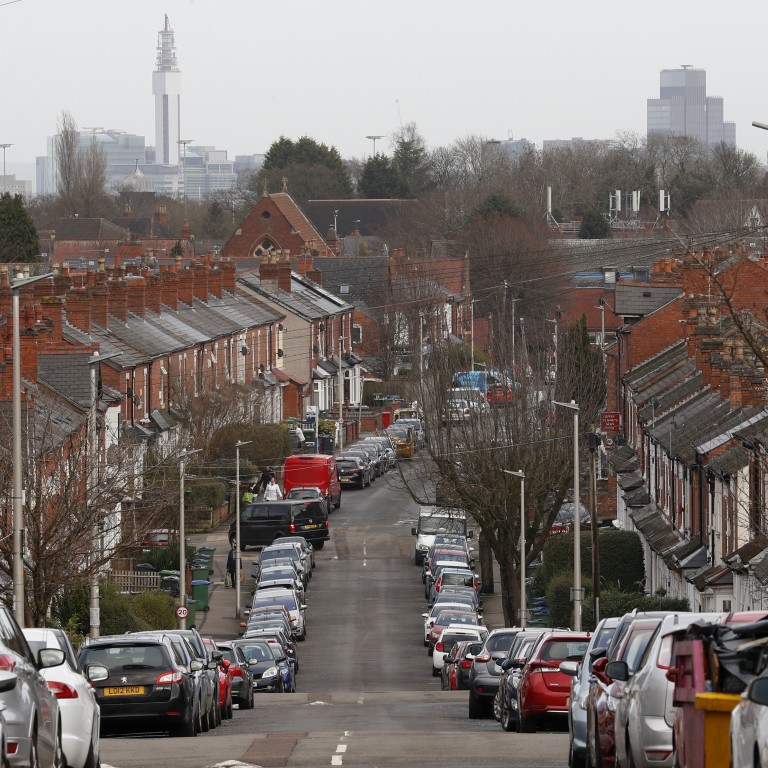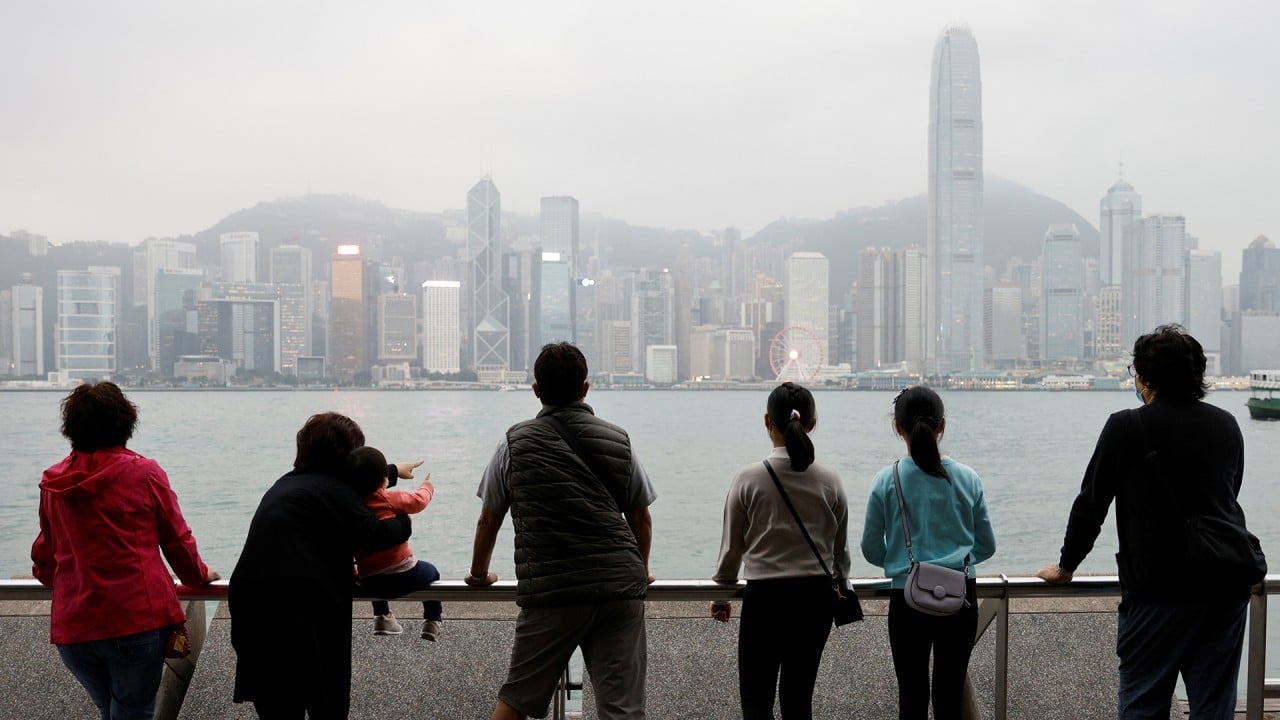
Hong Kong buyers partly responsible for driving UK house price affordability to its worst level in 10 years
- The average house price to income ratio rose to its highest levels since 2011, according to a study by Benham and Reeves
- Since the British government announced the visa offer for BN(O) passport holders in June, London house prices have climbed 7.4 per cent
Benham and Reeves analysed the average house price to income ratio based on average property values and the average net salary over the last 10 years. While the average net salary in the UK grew to £25,123 (US$34,480) in 2020, the average house price was nearly 10 times more at £249,633, corresponding to a price to income affordability ratio of 9.94, meaning a minimum of a year’s salary is needed for the average deposit.
The affordability ratio has increased from 8.16 in 2011, with London remaining the least affordable with a score of 15.74.
“The UK’s house price to income ratio reached its highest point in a decade by the end of 2020, no doubt driven by a steep jump in house prices brought about by the market adrenaline shot of a stamp duty holiday,” said Marc von Grundherr, director of Benham and Reeves.

06:15
BN(O) passport holders flee Hong Kong for new life in the UK, fearing Beijing’s tightening control
The UK announced the stamp duty holiday in July last year after a 0.9 per cent decline in home prices in the April to June period compared to the previous quarter, the biggest drop since the global financial crisis.
In the fourth quarter, inquiries for London homes from Hong Kong buyers were up 62 per cent year on year. And in January it had increased by 73 per cent from a year ago, according to Benham and Reeves, with the trend likely to continue.
Many of the potential buyers were looking for homes in anticipation of relocating to the UK, not only to ensure a smooth transition in terms of living arrangements but also with a focus on the education of their children, von Grundherr said.
“We have seen increased demand from Hong Kong buyers in particular, driven by an appetite to complete before the 2 per cent, surcharge comes in,” said Will Watson, partner and head of London for The Buying Solution, a unit of consultancy Knight Frank.

04:03
‘Nothing is scarier than staying’: Hong Kong family uproots as fear looms over city’s future
Some agents, however, are pessimistic regarding their outlook for London home prices, pointing to the Covid-19 pandemic.
“We do not expect prices to rise,” said Richard Rogerson, CEO of RFR Property, which specialises in prime central London deals worth over £3 million.
“Our sense is that there will be very little if any growth this year, at least not until international travel restrictions are eased.”

